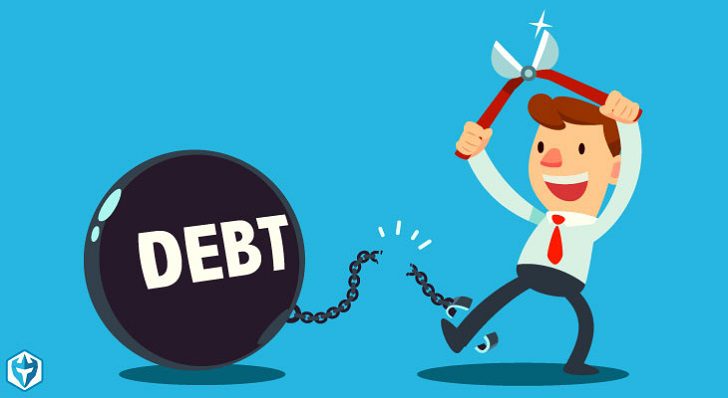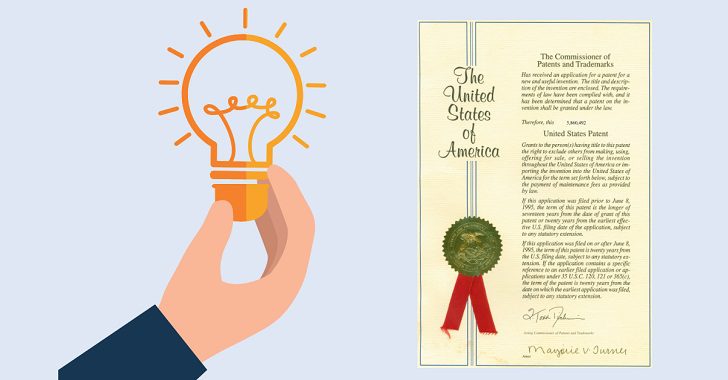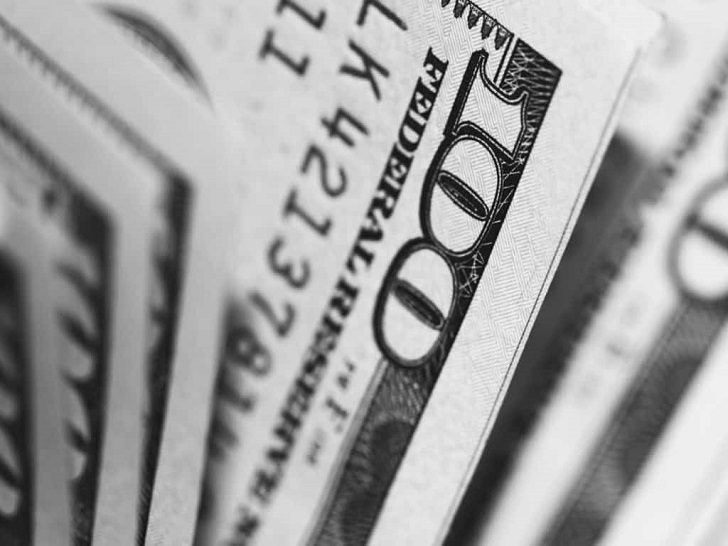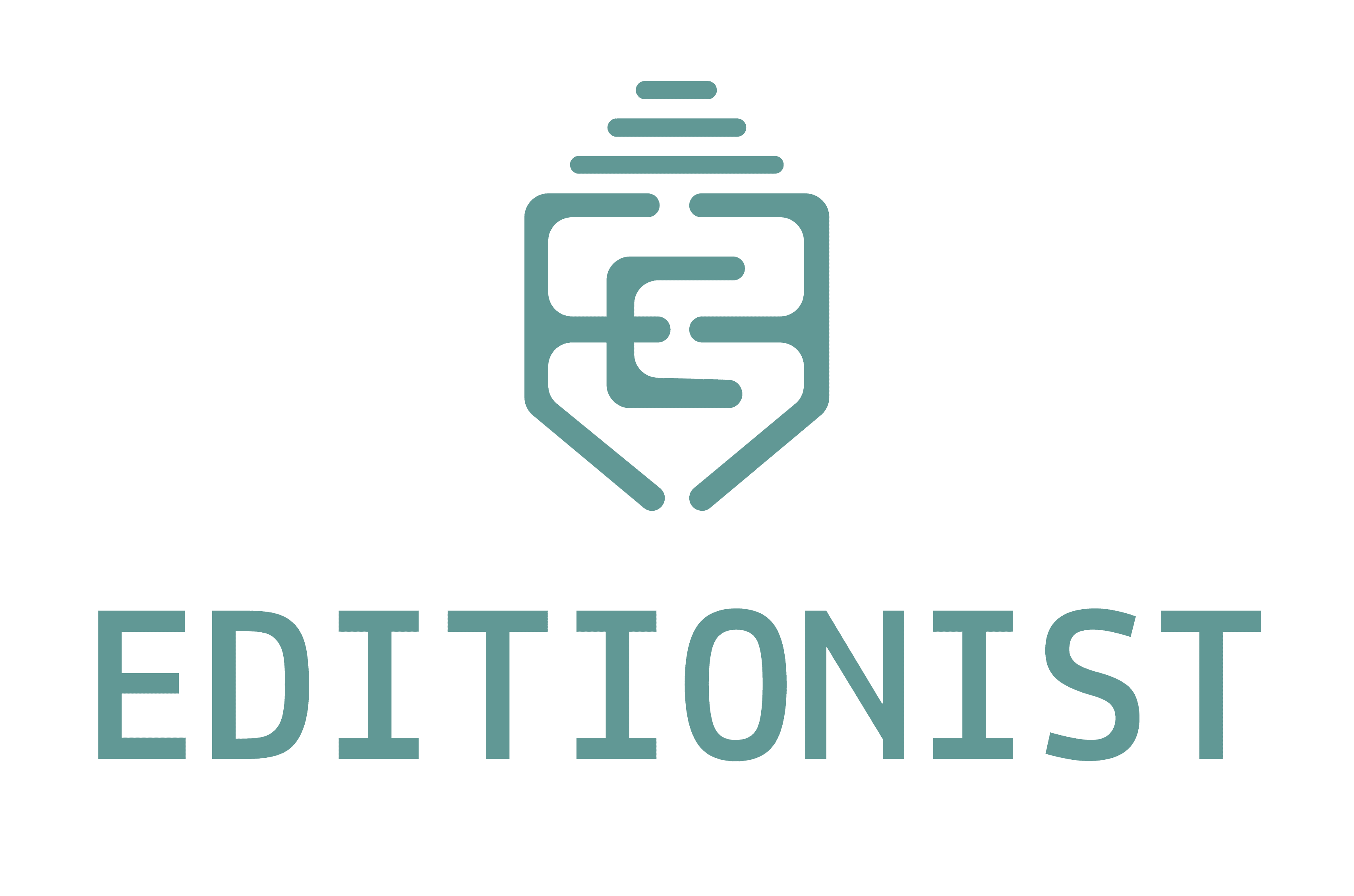Getting out of debt is difficult. Sometimes it takes everything you have to pay off your monthly payments and save for an emergency. However, if you merely make the minimum payments to your creditors, you run the risk of becoming mired in debt, and it might take you many months – or even years – to get out.
Fortunately, several debt relief options out there will not make you miserable. You can change your budget to free up cash to pay more than the monthly minimum on your bills or refinance your accounts with a debt consolidation loan or balance transfer credit card.
Adopting the debt snowball approach or utilizing financial windfalls is a possible strategy for reducing debt quicker. Alternatively, you might settle your debts for less than what you owe as a final option. The optimal method for you relies on your specific circumstances and financial objectives.
Use savings to pay down larger debts

Utilize a part of your money to pay off loans with high-interest rates. Using your cash reserves for debt repayment is wise because you will cease accumulating interest on your high obligations.
Although it may seem nice to have some extra cash sitting in your bank account, the fact is that that money isn’t working for you, not with today’s record-low interest rates. Don’t completely exhaust your savings. If you’re sitting on a mountain of cash, utilize part of it to pay off your debts.
Settle for less than you owe
You may also contact your creditors and negotiate a settlement of your obligations, typically for a substantial discount. While it is feasible to handle this on your own, a variety of third-party firms also provide fee-based debt settlement services.
Although paying less than you owe and fleeing past obligations may appear prudent, the Federal Trade Commission warns that there are hazards involved. Some debt settlement businesses require you to cease making payments while they negotiate better conditions, which can have a negative impact on your credit score.

Track your spending
This can save some individuals nearly the same amount of money as a part-time job. You will not know how much you can save unless you try it. Over a month, record what you spend, not what you believe you should spend.
This experiment will fail if you are dishonest with yourself, but most individuals are startled by what they discover about their expenditures. Once you understand your spending patterns, you should be able to identify areas where you can make cuts. Use the money you “discover” to reduce your debts.
Commit windfalls to debt

When you receive a tax return or stimulus check, use the funds for your loans instead of storing them or spending them on yourself. You can invest the full windfall or divide it 50/50 between debt and something enjoyable, such as a luxurious dinner or an upcoming trip.
Other unexpected windfalls, such as inheritances, bonuses at work, and financial gifts, can also be utilized to pay off debts more quickly. Remember that every little dollar counts toward your debt-repayment objectives.




